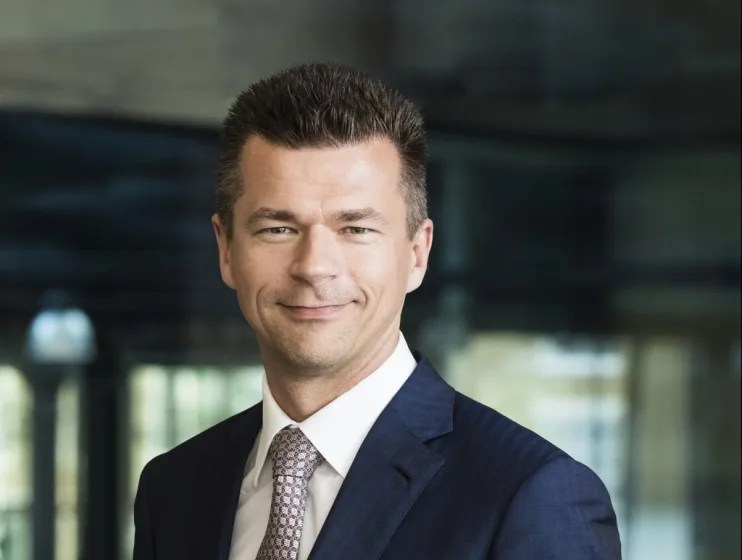Eurowag boss: UK should remain open to alternative green fuels

The founder and CEO of FTSE 250 firm Eurowag has said that the UK should remain open to synthetic fuels, amid impending bans on petrol and diesel vehicles and an ongoing wider debate over alternative fuels’ role in decarbonising.
Speaking to City A.M. Martin Vohanka said he would like the UK to “stay open” to the fuel and “reflect, as our industrial understanding and scientific understanding advances.”
Prague-based Eurowag provides the trucking sector with a tech platform to optimise business, including tax services, fuel cards and fleet management solutions. It has been listed on the London Stock Exchange since 2021.
Vohanka’s comments follow months of fierce debate in Europe over the effectiveness of e-fuels as a clean alternative to traditional fuel, as opposed to electric cars.
E-fuels were pushed to the top of the EU’s agenda in March, after Germany’s domestic car brands successfully lobbied to secure the future of Internal Combustion Engines (ICEs) in cars amid an impending 2035 ban – but only if they run on synthetic petrols and diesels.
Critics argued that German manufacturers were using synthetic fuels as a ‘stop gap’ for maintaining the use of ICEs and that the alternative fuels still burn petrol, produce considerable emissions and displace electric car sales.
Vohanka, however, told City A.M. that he was “quite happy” that regulators didn’t “kill this option.”
“We have still too many questions and too [few] answers in order to be to be able to, on the regulatory level, kill such options,” he said.
A European ban on combustion engines in the HGV sector is not expected until at least 2040, but the industry has encouraged policymakers to consider German-style exemptions for combustion engine vehicles running on alternative-fuel types.
Vohanka said that the benefits of e-fuels include not having to build completely new infrastructure, which is the case with certain renewable alternatives such as hydrogen.
“You can completely repurpose existing infrastructure… you can repurpose tankers… you can repurpose pipelines, you can repurpose vehicles, you can repurpose fuel stations, nothing needs to be changed,” he said.
He argued that the costs of some options – like hydrogen – may be too high for some countries. “If you think about regions across the planet, less-developed countries… will they ever be able to invest into something very complex like hydrogen or e-mobility,” he wondered.